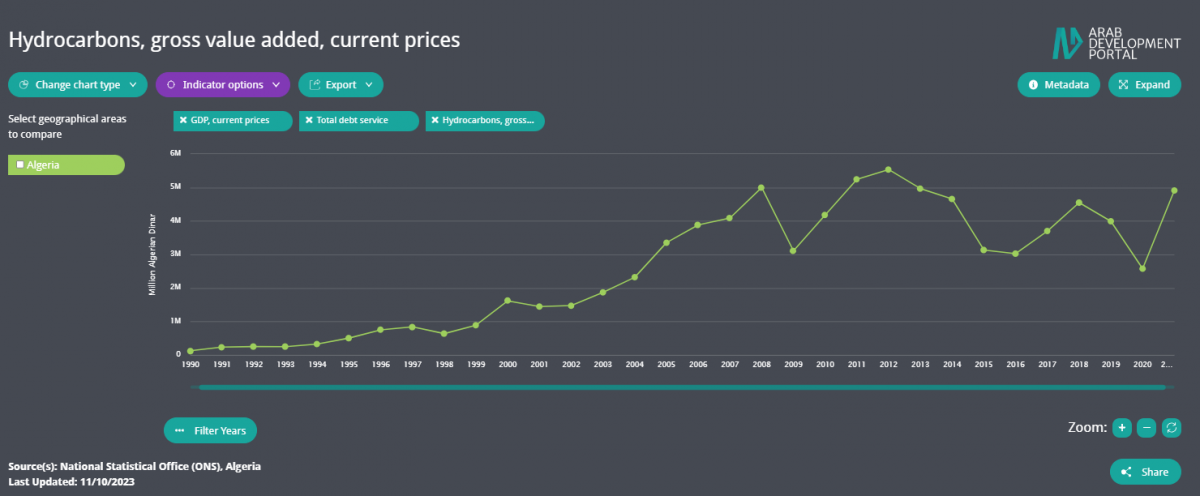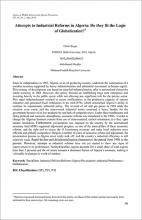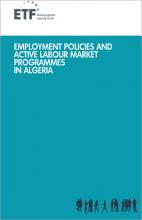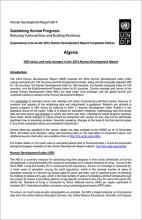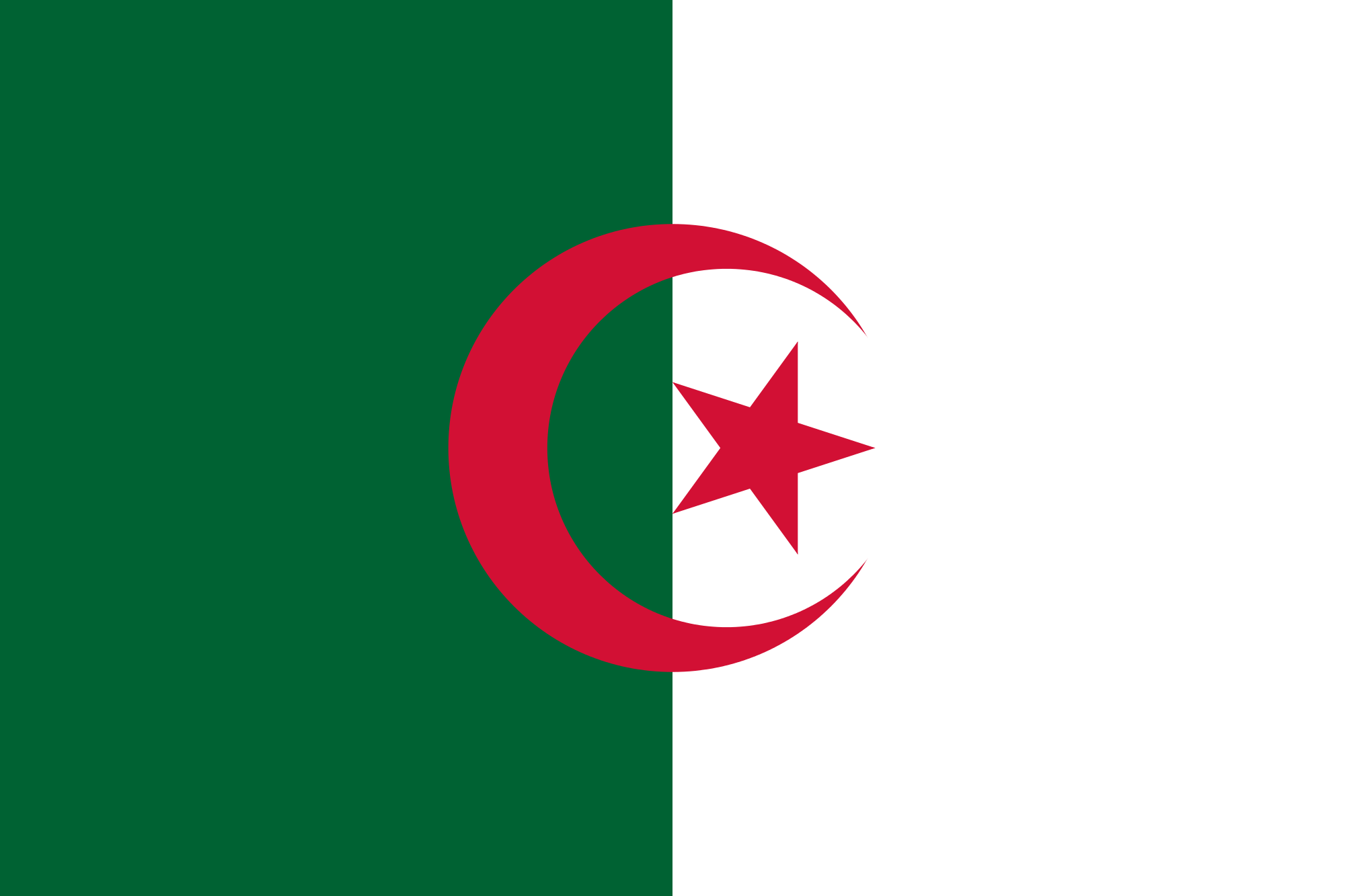 Algeria
Algeria
Algeria has an estimated population of 44.5 million[1] and is characterized by a high urban population where 74.8 percent of the population in 2022 lived in urban areas, compared to 59.9 percent in 2000.[6] This was accompanied by an increase in life expectancy from 70.5 years in 2000 to 77.1 years in 2022 and a drop in under-five mortality rates from 39.8 to 19.8 per 1,000 births.[1]
Human Development Index (HDI) in Algeria was reported at 0.745 in 2021, ranking 91st out of 191 countries, placing it in the high human development category. When adjusted for inequality, the country loses 19.7 percent of its HDI value largely due to inequality in education.[3]
Algeria has almost achieved universal primary education with a primary net enrolment rate of 99.02 percent in 2023.[4] Algeria is close to reaching gender parity at the primary level at (0.96) in 2020 while the Gender Parity Index at the tertiary level is 1.39 in 2021, exceeding the regional average rate of 1.1, in favor of girls.[2] The primary gross enrolment rate reached 108.7 percent in 2023[4], while the gross enrolment ratio in tertiary education considerably increased from 15.6 percent in 2001 to 53.7 percent in 2021, also exceeding the regional average of 33.2 percent.[2]
Despite reforms to encourage economic diversification and boost private sector development and foreign investment, the government continues to play a central role. Algeria’s economy highly depends on the hydrocarbons sector, which accounted for 19 percent of gross domestic product (GDP), 93 percent of product exports, and 38 percent of budget revenues between 2016 and 2021.[5]
The drop in global oil prices since 2014 has led to large twin deficits in the fiscal and current accounts. The budget deficit rose to -15.6 percent of GDP in 2015. Owing to significant savings in its hydrocarbon stabilization fund, Algeria cushioned the impact of declining oil prices in 2015 and 2016, with economic growth holding up at 3.7 percent and 3.2 percent, respectively. In 2017, the government adopted fiscal consolidation to contain the budget deficit and growth subsequently slowed to 1.4 percent, reaching 0.8 percent in 2019. The budget deficit then improved to -8.5 percent and -6.8 percent in 2017 and 2018 respectively. In 2022, the budget deficit decreased to -2.8 percent. However, it is estimated that it will increase again to -8.6 in 2023.[7][8]
Gross government debt has increased significantly since 2014, reaching 27.2 percent of GDP by the end of 2017 and reaching 55.6 percent in 2022. Within the framework of decelerating economic growth, and inflation, average consumer prices declined from 6.4 percent in 2016 to 5.6 percent in 2017 and reached 2.4 percent in 2020 then 9.2 in 2022.[7]
The outbreak of COVID–19 pandemic has led to economic and social turmoil and further constraints on investment and the business climate, and the latter was already suffering according to the World Bank’s 2020 Doing Business report, where Algeria ranks 157th out of 190 countries in terms of the ease of doing business.[2] According to IMF estimates, growth contracted significantly in 2020 to -5.1 percent then it increased to 3.4 in 2021 and 3.2 in 2022.[7] According to ILO, the unemployment rate is estimated at 11.5 percent in 2022, but is much higher among youth at 29 percent and women at 20.3 percent in 2022.[9]
This overview was last updated in November 2023. Priority is given to the latest available official data published by national statistical offices and/or public institutions.
Sources:
[1] Population Division of the Department of Economic and Social Affairs of the United Nations Secretariat. 2023. World Population Prospects. [ONLINE] Available at:
https://population.un.org/wpp/ [Accessed 23 October 2023].
[2] The World Bank. 2023. World Development Indicators. [ONLINE] Available at: https://databank.worldbank.org/source/world-development-indicators [Accessed 23 August 2023].
[3] United Nations Development Programme (UNDP). 2023. Human Development Index. Country Profiles, Bahrain. [ONLINE] Available at: https://hdr.undp.org/data-center/documentation-and-downloads; https://hdr.undp.org/data-center/country-insights#/ranks [Accessed 25 October 2023].
[4] United Nations Educational, Scientific and Cultural Organization (UNESCO). 2023. UNESCO Institute for Statistics. [ONLINE] Available at: http://data.uis.unesco.org/ [Accessed 05 November 2023].
[5] The World Bank. 2023. Algeria Overview. [ONLINE] Available at: http://www.worldbank.org/en/country/algeria/overview [Accessed 10 January 2022].
[6] Population Division of the Department of Economic and Social Affairs of the United Nations Secretariat. 2023. World Urbanization Prospects. [ONLINE] Available at: https://population.un.org/wup/ [Accessed 23 October 2023].
[7] International Monetary Fund. 2023. World Economic Outlook. [ONLINE] Available at: https://www.imf.org/en/Publications/SPROLLs/world-economic-outlook-databases#sort=%40imfdate%20descending [Accessed 24 October 2023].
[8] International Monetary Fund. 2022. [ONLINE] Available at: https://www.imf.org/en/Countries/DZA [Accessed 10 January 2022].
[9] International Labour Organization. 2023. [ONLINE] Available at: https://ilostat.ilo.org/ [Accessed 23 September].
Data Highlights
-
Algeria’s economy highly depends on the hydrocarbons sector, which accounted for 19 percent of gross domestic product (GDP), 93 percent of product exports, and 38 percent of budget revenues between 2016 and 2021
